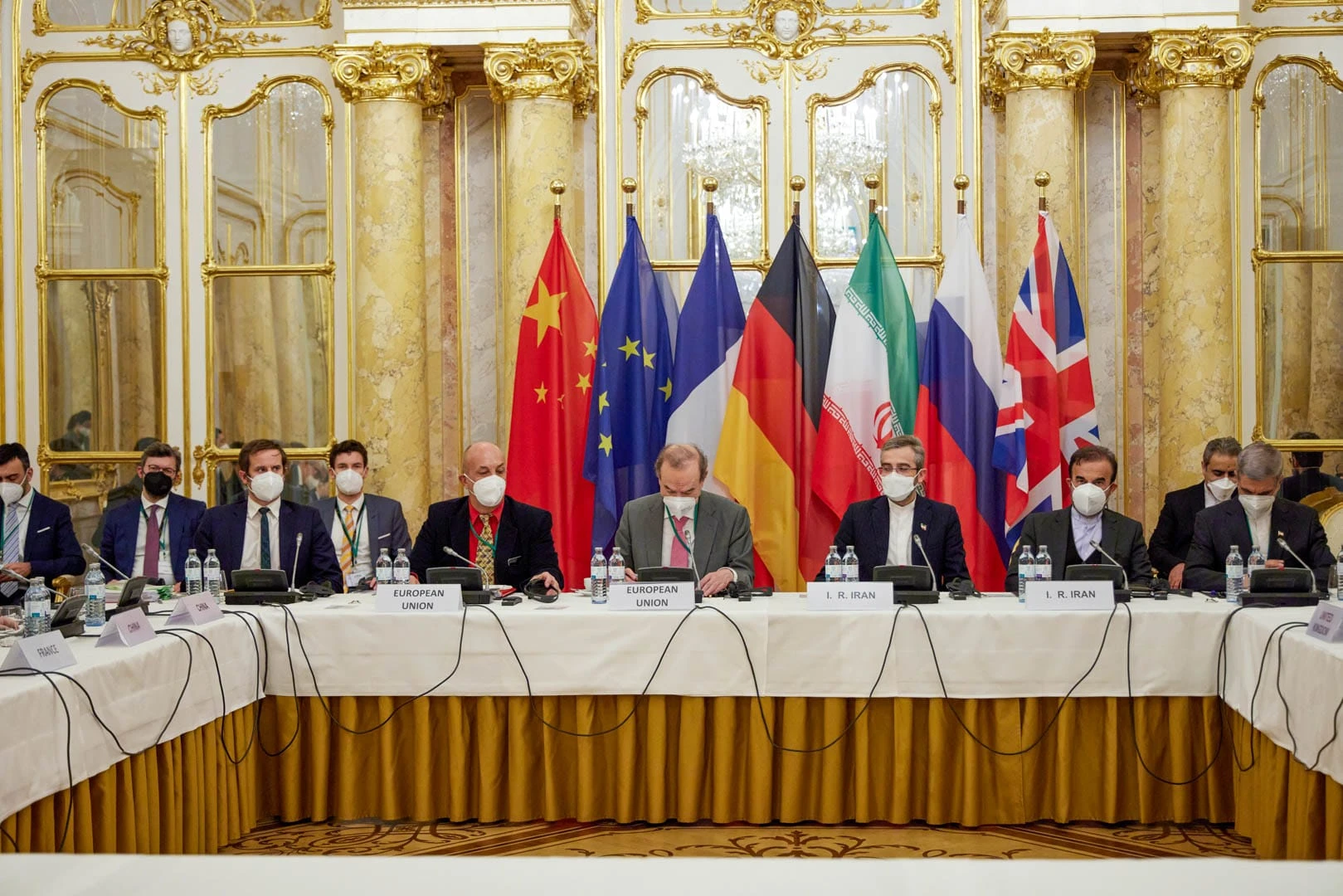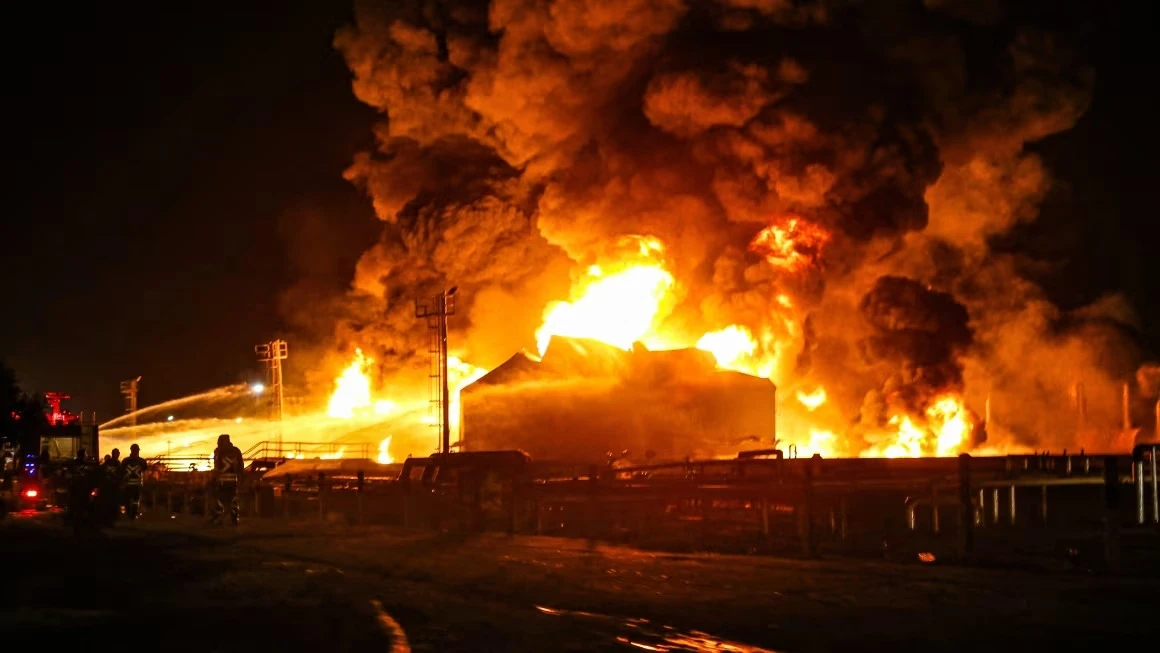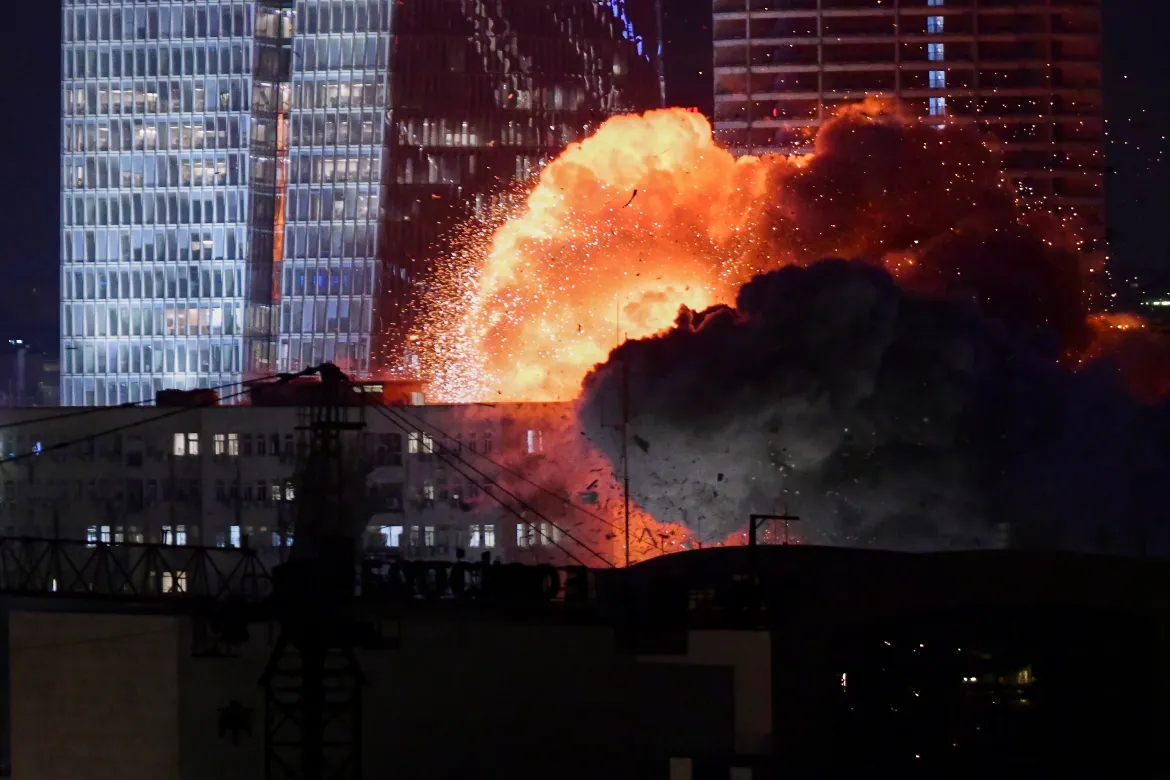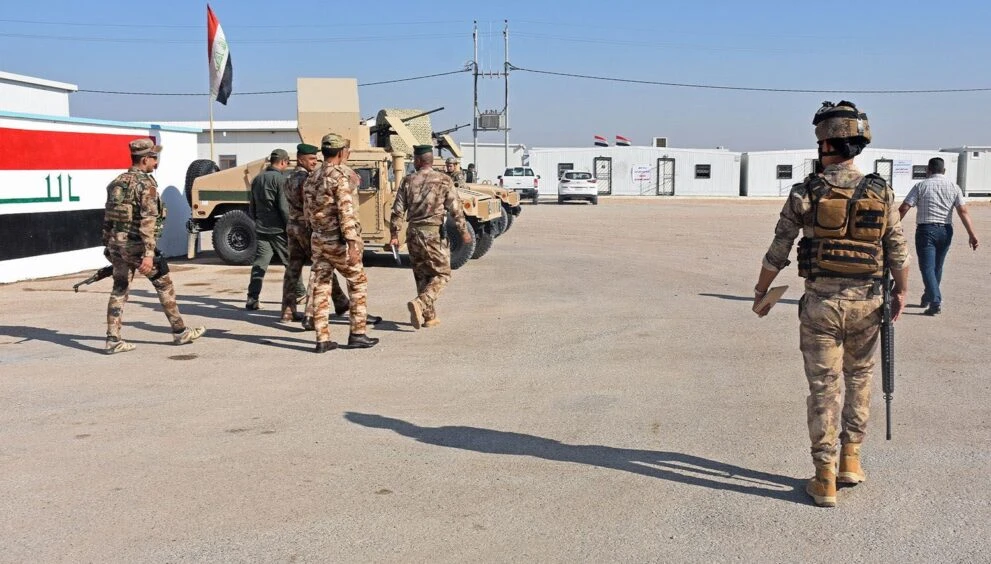Banff: As tensions between Israel and Iran escalate, Iran has threatened to attack Western military installations in the Middle East if those nations continue to support Israeli operations, raising concerns about a wider regional conflict. This escalation threat has raised alarms not only within military circles but also among global leaders concerned about the geopolitical and economic fallout of a wider conflict in the world's most energy-sensitive region.
According to on-ground reporting from James Bays, Iran’s message is clear: if the U.S., the UK, or any other Western power extends further military support to Israel, their regional bases could come under fire. This would mark a dangerous shift from bilateral hostility to a multi-country confrontation, risking the involvement of nations currently hosting foreign forces. Military analysts have noted that such a move could spark direct clashes far beyond Israeli or Iranian territory.
The United Kingdom alone has a considerable military footprint across the Middle East, including deployments in Iraq and Syria for counter-ISIL operations. Beyond those zones, UK forces are stationed across the Gulf region—in the UAE, Qatar, Bahrain, and Oman—alongside a significant sovereign base in Cyprus. The U.S. presence is even broader, with critical assets spread across the same areas, reinforcing the fear that these installations could become immediate targets should Iran act on its threats.
This potential spread of the conflict would mark a major shift in global security dynamics. Not only would it stretch military alliances thin, but it could also severely destabilize the global economy. The Gulf region is home to the bulk of the world's oil and gas exports, and any strikes near production or shipping zones could send energy prices skyrocketing. Already, markets are reacting nervously to the volatility, with key indices fluctuating and oil futures on high alert.
The possibility of regional war—triggered not just by direct confrontation but by military alliances and retaliatory calculations—is now a growing reality. As diplomatic backchannels work frantically to de-escalate the crisis, the world is left holding its breath, watching the fragile balance of the Middle East edge ever closer to a tipping point.








